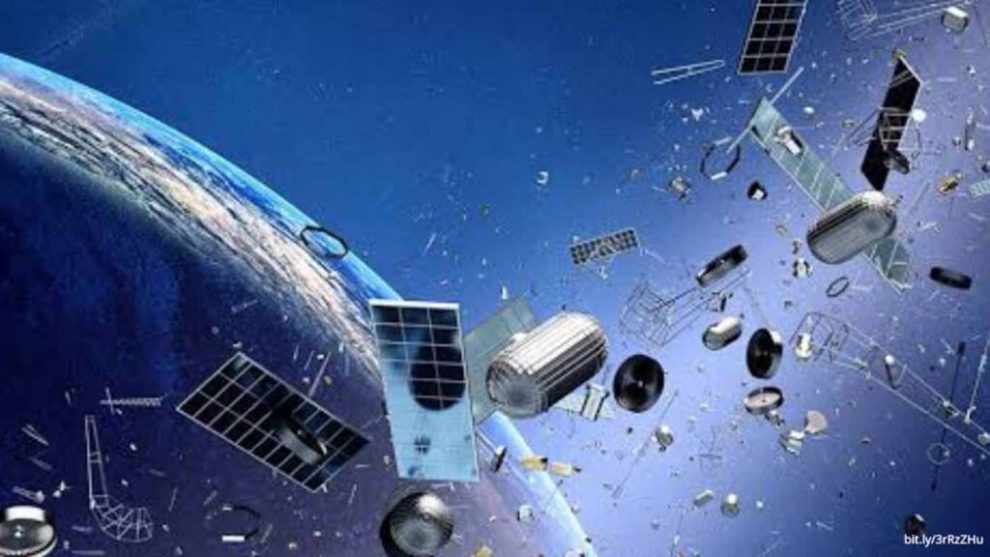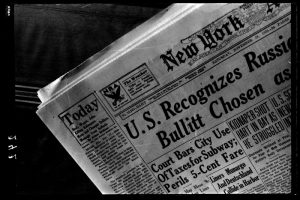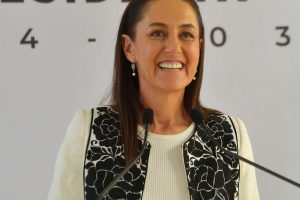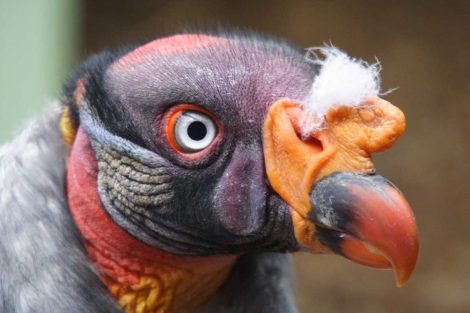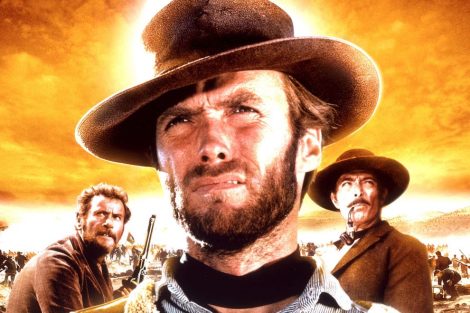From illusion to disappointment. They were born at the beginning of the century as digital tools for freedom and social change and today they are revealed as machines of deception and control of “the masses”. In the hands of the richest man on the planet, Twitter becomes a global weapon.
After the Cambridge Analytics scandals (England 2010) and the 2016 US presidential election, it should come as no surprise that so-called social media has lost its karma.
Promoted as a kind of social explosion that would open the free expression of information and ideas to billions of people, and thus constitute the authentic voice of the people, social media function, above all, as a resonance of old and new characters, professional activist organizations and interest groups.
Once the top of the world of money has been reached, companies like Facebook, Twitter and other tech platforms manifest themselves openly as sui generis communication media with their own agendas that operate from various algorithms and the manipulation of the most primary human emotions; all designed to attract and capture the attention of more than half of the world’s population – everywhere except China, which built its own digital universe.
The arrival on Twitter of the heir to a fortune originating from the exploitation of emeralds in pre-apartheid South Africa and current owner of Tesla and space tourism occurs after three decades of vertiginous growth of “the blessed networks” and just when the bubble of Big Tech threatens to burst.
The deep infection of bots, the use of real armies of fake users and their almost generalized use to promote hatred and manipulate insecurities among their users – along with the emergence of Chinese platforms such as TikTok -, make the weakness very clear that the argument according to which juanito97 or @periquito826 – anonymous citizens – are the true creators of those gigantic, organic waves that define the agenda of public conversation in our environment.
Without denying that behind #the-girl-in-the-blue-bra, #SpringRevolution, #MeToo or #”I can’t breathe” there were real voices that somehow transformed the world, today it is at least doubtful that the ego and economic interests of characters as peculiar as Mr. Musk or Mr. Zuckerberg will be put at the service of the best interests of societies.
In short, without intending to invalidate the importance that social media does have, the need to promptly reveal its operating mechanisms, protagonists and real scope is clear.
Impossible to ignore, the new media also failed to replace conventional media. In fact, the main media companies have invested heavily in building privileged spaces within the new dynamics of communication and social coexistence, to the point that most of their celebrities are the most visible figures in most of the platforms that thrive in the black hole of our mobiles.
Without evading the structural limitations of many of the old media –minimum circulation, junk content, chronic submission to the system, among many others–, the diffuse universe of “public opinion” is an area that includes them –along with “social networks social” — but which implies much more than only those dimensions.
Neither governments nor supposed messiahs should be the protagonists of the construction of the central narratives of our time. Faced with the multiplication of that “one-dimensional man” to form the “global village” that is so well reflected in the “black mirror” that came with new technologies, perhaps what we need is to recover the simple, and at the same time enormous value, of a good book, preferably followed by a nice conversation and a cup of coffee.

